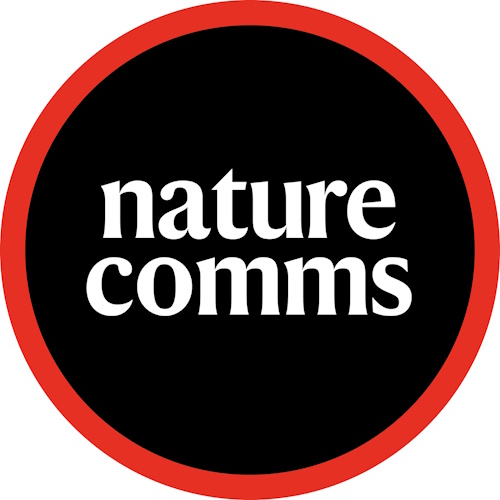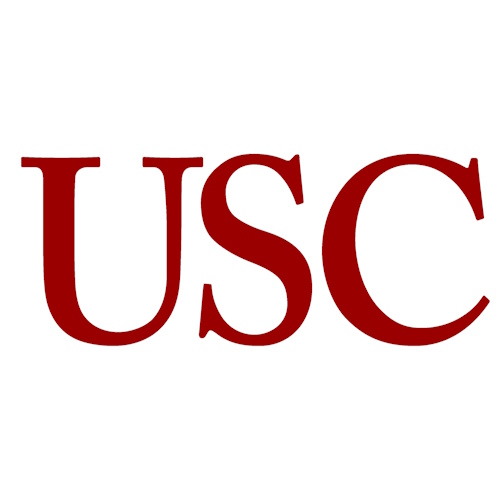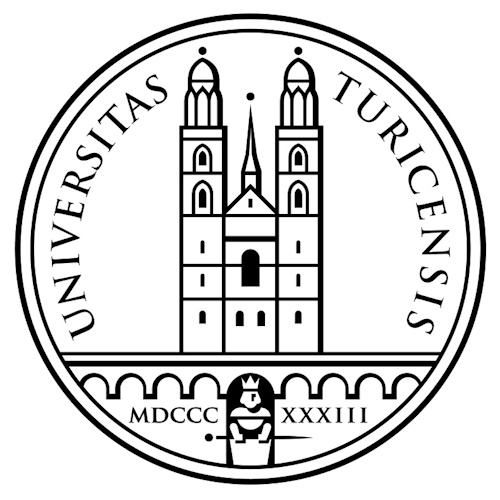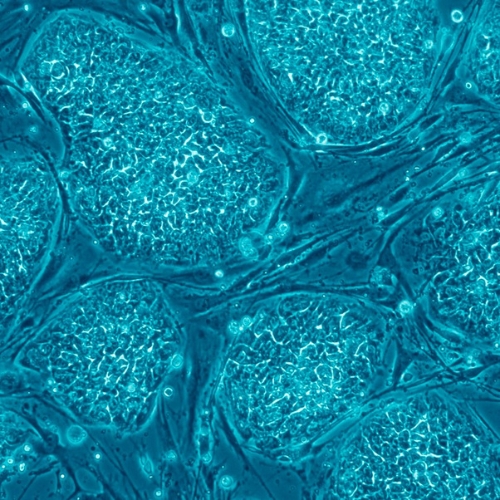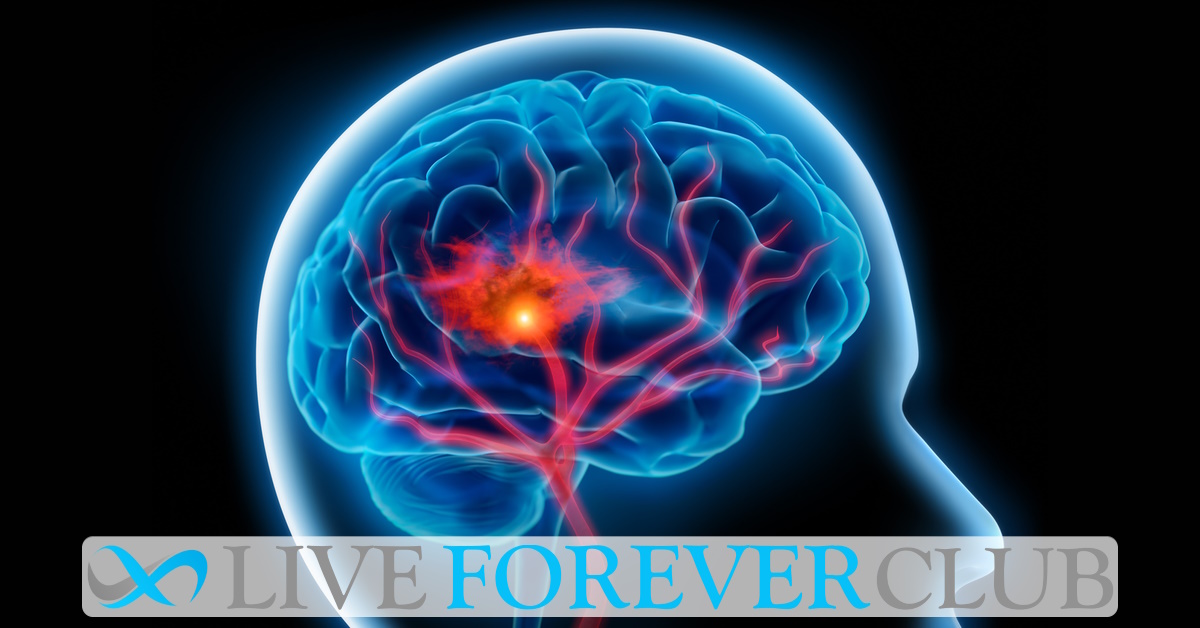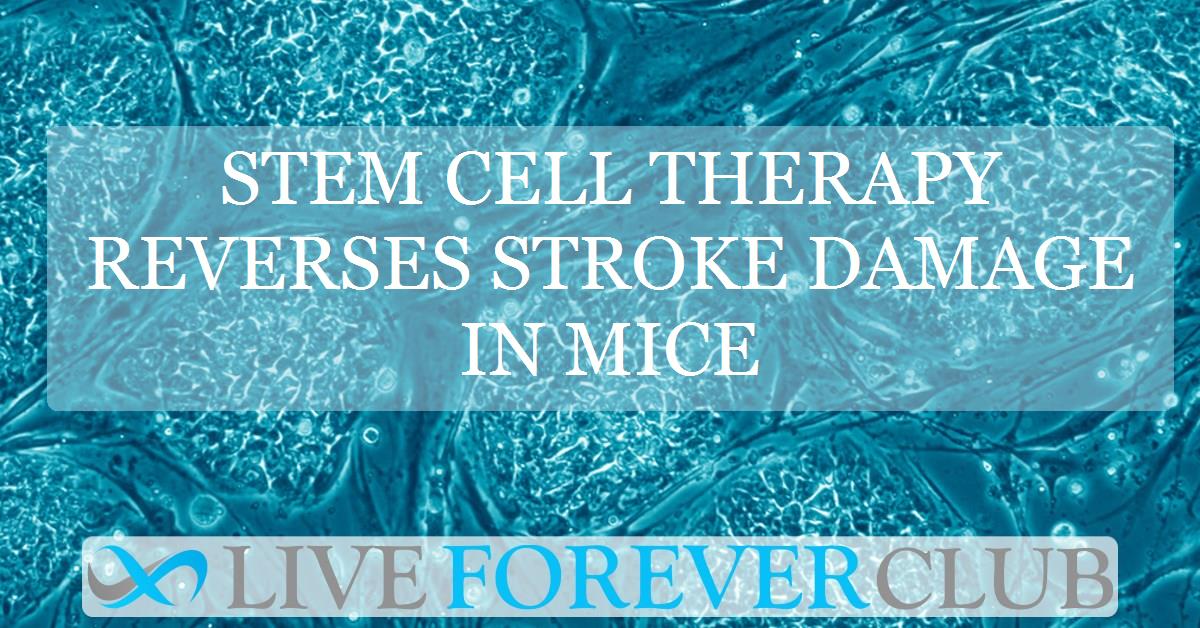Key points from article :
A new study published in Nature Communications by lead author Christian Tackenberg and colleagues from the University of Zurich and the University of Southern California suggests that stem cell injections could help repair brain damage caused by stroke—at least in mice. Stroke, often resulting from blocked blood vessels in the brain, can lead to permanent loss of brain function, affecting speech, movement, and coordination. The researchers sought to explore whether human stem cells could replace or support damaged brain cells and restore some of these lost abilities.
Using mice with stroke-induced brain injury, the team injected human stem cells directly into the affected brain areas. Remarkably, most of the implanted cells stayed in place, transformed into neurons, and formed active connections with surrounding cells. Over a five-week period, the mice showed significant improvements: their blood vessels repaired themselves, brain inflammation decreased, and the blood-brain barrier was strengthened. Even more promisingly, the animals’ motor coordination improved—a critical step toward regaining function after a stroke.
This work builds on previous studies by the same researchers, who had investigated the best timing for stem cell transplants after a stroke. They found that injections are most effective once the brain has stabilized, highlighting how recovery success depends not just on what is injected, but when. Importantly, this new study goes beyond simply showing that transplanted cells survive—it demonstrates that they integrate and communicate within the brain’s neural network, something earlier research had not shown in such detail.
While the results are encouraging, Tackenberg cautions that translating these findings to humans will take time and careful study. There are still risks, such as the possibility of uncontrolled cell growth or improper integration. Yet, the potential is immense: stem cell therapy could one day help regenerate brain tissue after stroke or other neurological injuries, offering hope where treatment options are currently limited.
